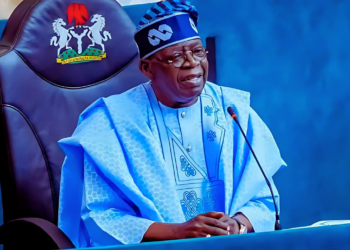Experts have weighed into the impending legal battle between the billionaire owner of Tesla, Elon Musk and the micro blogging platform, Twitter over Musk`s decision to axe his offer to take over the tech company.
According to legal opinion from experts, which Clariform has learnt, Twitter Inc has a strong legal case against Elon Musk for walking away from his $44 billion deal to acquire the US social media company.
However, the experts also hold that Twitter may preferably opt for a renegotiation of the deal or some form of settlement with Musk, instead of a protracted court fight, which the legal experts foresee as how the legal battle will likely drag on.
They say that the Delaware courts, where the dispute between the two sides is set to be litigated, have set a high bar for acquirers being allowed to abandon their deals.
Notwithstanding this, target companies often choose the certainty of a renegotiated deal at a lower price or financial compensation rather than a messy court battle that can last for many months, experts have said.
“The argument for settling at something lower is that litigation is expensive,” said Adam Badawi, a law professor at UC Berkeley. “And this thing is so messy that it might not be worth it.”
Musk’s main claim against Twitter is that the San Francisco-based company breached their deal because it will not share with him enough information to back up its claim that spam or fake accounts constitute less than 5 percent of its active users.
Twitter has stood by this estimate but also said it’s possible the number of these accounts is higher.
Musk also said in a letter to Twitter that the company’s misrepresentation of the number of spam accounts might be a “material adverse effect” that would allow him to walk away under the terms of the deal contract.
But legal experts said Delaware courts view MAEs as dramatic, unexpected events that cause long-term harm to a company’s performance.
Deal contracts such as the one between Musk and Twitter are so prescriptive that a judge has ruled that an MAE has validly been triggered only once in the history of such litigation — in the case of German healthcare group Fresenius Kabi AG ending its deal for US generic drugmaker’s Akorn Inc. in 2018.
In that case, a court ruled that Akorn’s assurances to Fresenius that it was in compliance with its regulatory obligations were inaccurate.
It also found that Akorn had withheld facts about its deteriorating performance that emerged in whistleblower allegations.
Clariform reports that in the instant case between Twitter and Elon Musk, this accusation of withholding of facts appears to be the case.
Therefore, how the court may interpret the allegation by Elon Musk as defence for his decision to walk out of the deal, and what direction it is like go is not clear to anyone at this point.












